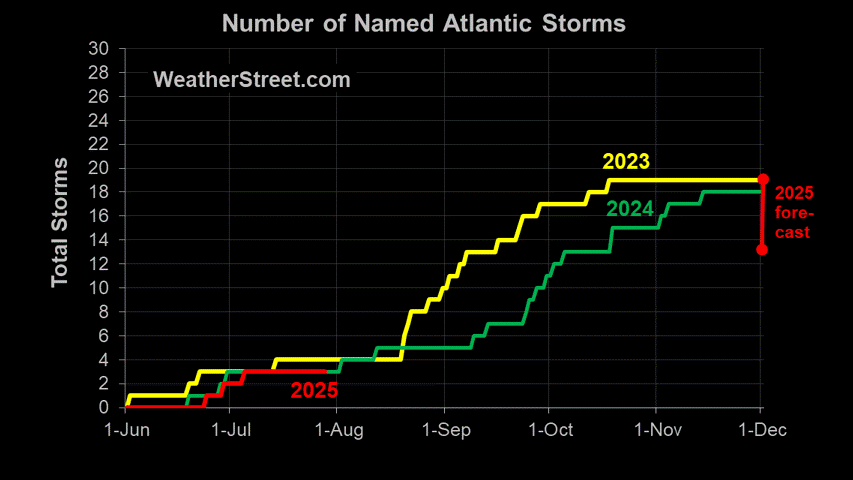After years of tropical damage, Haiti gets the Earth ripped out from under it.
Why Haiti Keeps Getting Hammered by Disasters (ABC News)
When it comes to natural disasters, Haiti seems to have a bull's-eye on it. That's because of a killer combination of geography, poverty, social problems, slipshod building standards and bad luck, experts say.
The list of catastrophes is mind-numbing: This week's devastating earthquake. Four tropical storms or hurricanes that killed about 800 people in 2008. Killer storms in 2005 and 2004. Floods in 2007, 2006, 2003 (twice) and 2002. And that's just the 21st Century run-down.
"If you want to put the worst case scenario together in the Western hemisphere (for disasters), it's Haiti," said Richard Olson, a professor at Florida International University who directs the Disaster Risk Reduction in the Americas project.
"There's a whole bunch of things working against Haiti. One is the hurricane track. The second is tectonics. Then you have the environmental degradation and the poverty," he said.
Tuesday, Haiti was struck with a magnitude 7.0 earthquake that levelled the capital of Port-au-Prince. The amount of damage far exceeds the devestations caused by tropical weather.
Magnitude 7.0 Earthquake Strikes Haiti (Unites States Geological Survey) Audio
Video: Port-au-Prince Before and After (CBS)On January 12, 2010, Haiti was struck by the most violent earthquake in a century. Michael Blanpied, associate coordinator for the USGS Earthquake Hazards Program, answers questions about the earthquake, its severe shaking, and the possibility of additional hazards, such as landslides and a tsunami.
Earthquake Details
Magnitude7.0
Tuesday, January 12, 2010 at 21:53:10 UTC
Tuesday, January 12, 2010 at 04:53:10 PM at epicenter
Time of Earthquake in other Time ZonesLocation
18.457°N, 72.533°WDepth
13 km (8.1 miles) set by location programRegion
HAITI REGIONDistances
25 km (15 miles) WSW of PORT-AU-PRINCE, Haiti130 km (80 miles) E of Les Cayes, Haiti150 km (95 miles) S of Cap-Haitien, Haiti1125 km (700 miles) SE of Miami, FloridaLocation Uncertainty
horizontal +/- 3.4 km (2.1 miles); depth fixed by location programParameters
NST=312, Nph=312, Dmin=143.7 km, Rmss=0.93 sec, Gp= 25°,M-type=teleseismic moment magnitude (Mw), Version=9Source
USGS NEIC (WDCS-D)Event ID
us2010rja6
This event has been reviewed by a seismologist.









<< Home